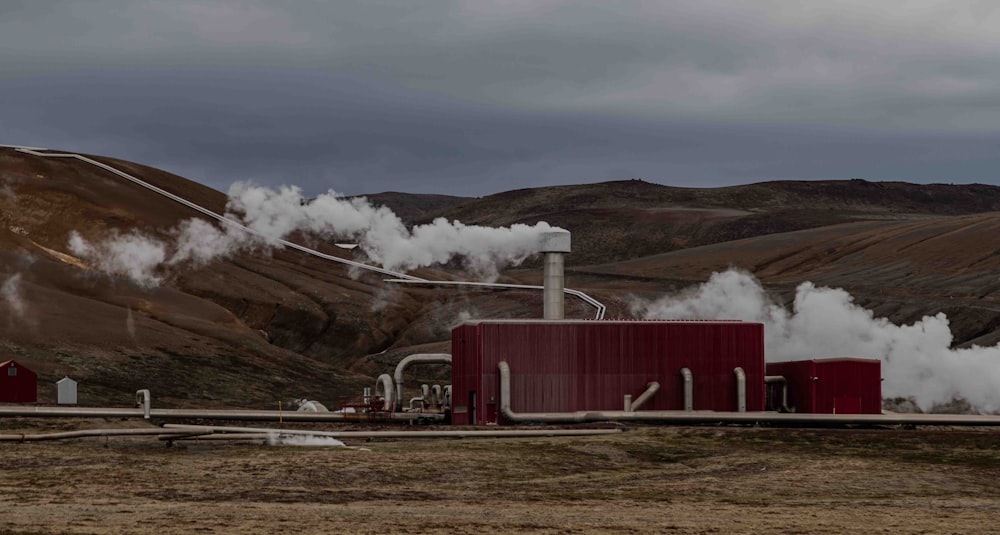
Maximizing Industrial Sustainability Best Practices for a Greener Future
Maximizing Industrial Sustainability: Best Practices for a Greener Future
In an era where environmental consciousness is paramount, industries are increasingly focusing on adopting sustainable practices. The shift towards industrial sustainability is not merely a trend; it’s a necessity for businesses looking to thrive in the long run.
Implementing Green Technologies and Energy Efficiency
One of the key pillars of industrial sustainability is the integration of green technologies. From solar panels to energy-efficient machinery, companies are investing in solutions that not only reduce their environmental impact but also lead to substantial cost savings. Embracing renewable energy sources is a fundamental step towards building a sustainable industrial ecosystem.
Waste Reduction and Circular Economy Principles
Industrial sustainability goes hand in hand with waste reduction. Companies are reevaluating their production processes to minimize waste and adopting circular economy principles. This involves designing products with recyclability in mind and creating closed-loop systems where materials are reused or repurposed, minimizing the overall environmental footprint.
Water Conservation and Responsible Usage
Water scarcity is a global concern, and industries are recognizing their role in responsible water usage. Sustainable water management practices, such as recycling and reusing water in manufacturing processes, are becoming standard. By adopting water-saving technologies, industries contribute to the preservation of this precious resource.
Supply Chain Transparency and Ethical Sourcing
Sustainability isn’t just about what happens within the confines of a factory; it extends to the entire supply chain. Companies are placing a greater emphasis on supply chain transparency, ensuring that materials are ethically sourced. By supporting responsible suppliers, industries contribute to the overall sustainability of their products.
Employee Education and Engagement
Creating a culture of sustainability starts from within. Many companies are investing in employee education programs to raise awareness about sustainability practices. From waste sorting to energy conservation, informed and engaged employees play a crucial role in implementing and sustaining eco-friendly initiatives.
Green Building and Infrastructure Practices
Industrial facilities are reimagining their physical structures with sustainability in mind. Green building practices, such as using eco-friendly materials and designing energy-efficient spaces, are gaining prominence. These practices not only reduce the environmental impact of industrial facilities but also contribute to a healthier workplace.
Carbon Footprint Reduction Strategies
Industries are actively seeking ways to reduce their carbon footprint. This involves measuring and understanding the emissions produced in their operations and implementing strategies to offset or minimize them. From transportation optimization to investing in carbon capture technologies, companies are taking proactive steps to combat climate change.
Amidst these evolving sustainability practices, the importance of Industrial sustainability practices cannot be overstated. This comprehensive approach to sustainability encompasses various aspects, ensuring a holistic and impactful transformation toward a greener future. By adopting these practices, industries not only fulfill their environmental responsibilities but also position themselves as leaders in a world that demands sustainable solutions.










